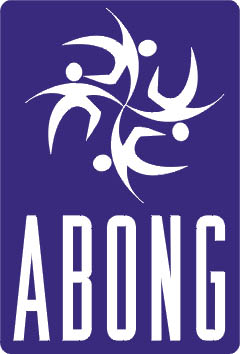 A communiqué from ABONG, the Association of Brazilian NGOs — a much weaker counterpart to the GIFE, the Group of Foundations and Institutes, which represents corporate and family philanthropic trusts, for the most part. ABONG hopes to see some of its proposed reform measures for the sector implemented. Brazilian philanthropic foundations are not notable for the transparency of their governance, I think it is fair to say. Where is last year’s Form 990? There is no such thing — not even for the local self-appointed transparency watchdogs. I translate an excerpt.
A communiqué from ABONG, the Association of Brazilian NGOs — a much weaker counterpart to the GIFE, the Group of Foundations and Institutes, which represents corporate and family philanthropic trusts, for the most part. ABONG hopes to see some of its proposed reform measures for the sector implemented. Brazilian philanthropic foundations are not notable for the transparency of their governance, I think it is fair to say. Where is last year’s Form 990? There is no such thing — not even for the local self-appointed transparency watchdogs. I translate an excerpt.
During a national open forum on effective development of Civil Society Organizations — OSCs — held by ABONG in São Paulo on 21 and 22 March, the chief of staff of the secretary general of the federal presidenc, Maria Victoria Hernandez, stated that the federal government would created a mixed commission, together with various civil society groups, to discuss and draft a new regulatory regime for OSCs, something ABONG and its associates have long advocated.
If memory serves, Brazilian law defines ONGs — NGOs — OSCIPs, or “civil society groups of public utility,” and foundations with the same description, which, under a 2007 law, requires that these entities “not exercise, in their activity, the exclusive pursuit of the private interests of associates or founders, as the case may be. There is another acronym in this field that for the life of me I cannot recall at the moment. The Instituto Millenium — a local clone of the Cato Institute — gained this status recently, and has so expanded its activities that it now employs an investor relations firm.
In 2010, a series of mobilizations, networks, movements and organizations, ABONG among them, presented the presidential candidates with a Platfor for a new Regulatory Regime for OSCs. The document demanded a state policy with instruments and mechanisms to assure the political and financial independence of OSCs in order to benefit citizen participation, with a view to radicalizing democracy and redesigning the deliberative process for the awarding of “public utility” status.
Filed under: Accounting, Black Markets, Brazil, Conflicts, Democracy, Finance, Income Redistribution, Journalism, Labor Relations, Open Sources, PR & Advertising, Privatization, Public-Private Partnerships, Regulation | Leave a comment »

